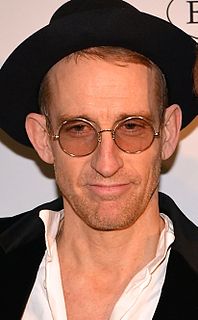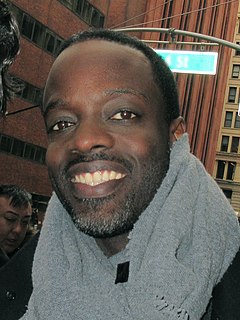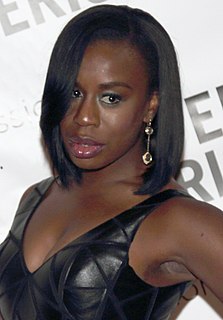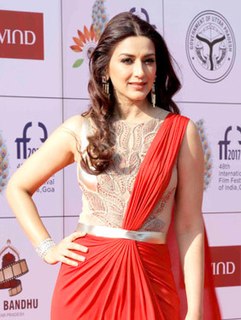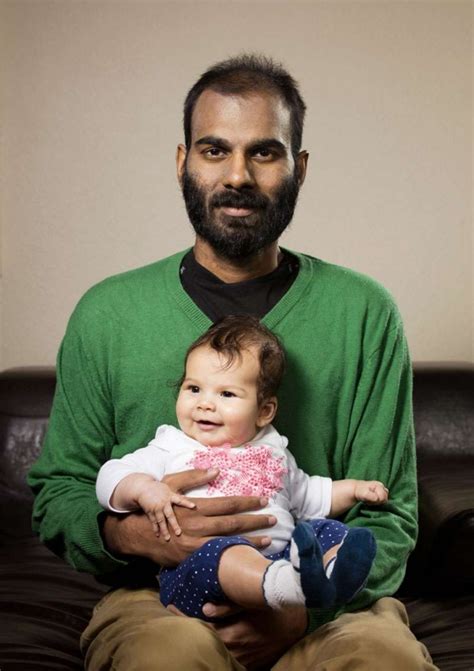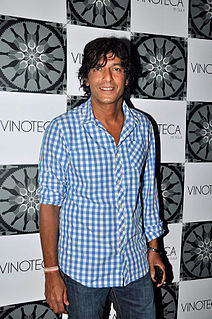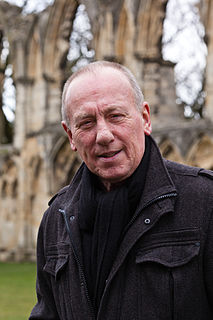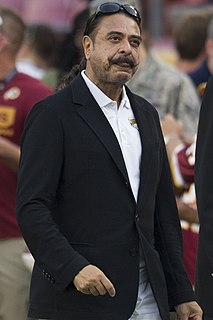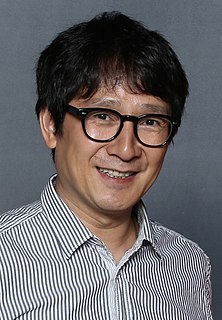A Quote by Johan Renck
The first time I went behind the camera was in 1993. I felt, 'This is my thing,' and I knew that someday I'd make a feature.
Related Quotes
I would have done anything for him. Maybe that was my sickness. We made love in nothing places and turned the lights off. It felt like crying. We could not look at each other. It always had to be from behind. Like that first time. And I knew he wasn't thinking of me. He squeezed my sides so hard, and pushed so hard. Like he was trying to push me through to somewhere else. Why does anyone ever make love?
I knew what I wanted to do when I set out. I knew that I wanted to write a book that told the story, obviously. I wanted it be comedy first, because I felt like there already had been childhood druggy stories that were very serious, and I felt that the unique thing here was that I was a comic and I could tell the story with some levity, and I have been laughing at these stories my whole life.
I got my big movie break thanks to an emergency in a five star hotel bathroom. I was attending a film party, wearing a kurta pajama. At the washroom, I could not open the pajama knot and was screaming for help. Pahlaj Nihalani was there and he helped me out. And before I knew it, I was in front of the camera for my first feature film, 'Aag Hi Aag!'
At the time I discovered that I had prostate cancer, it was not long after my first wife had died, so my children had lost their mum. I felt that to tell them that I had prostate cancer, while I knew that I had it and there was a threat of some sort, I felt that it would be wise not to make things worse for them.
